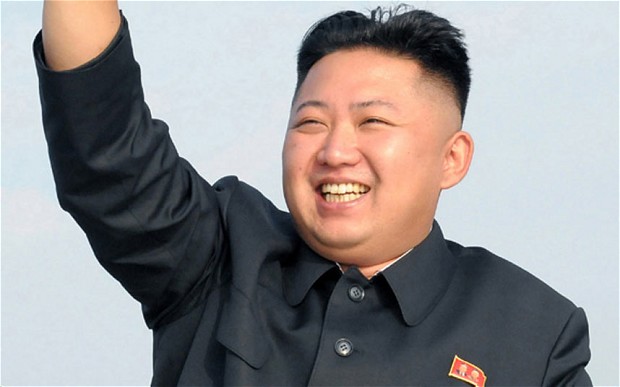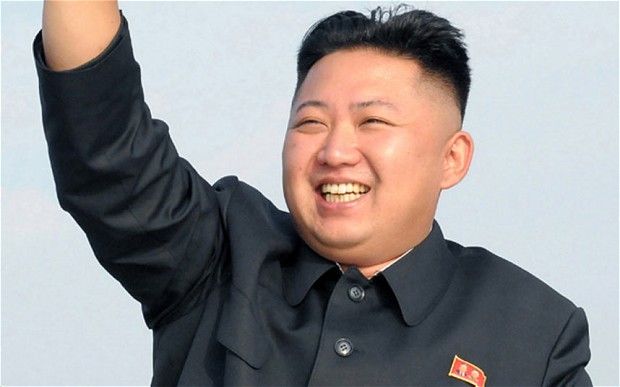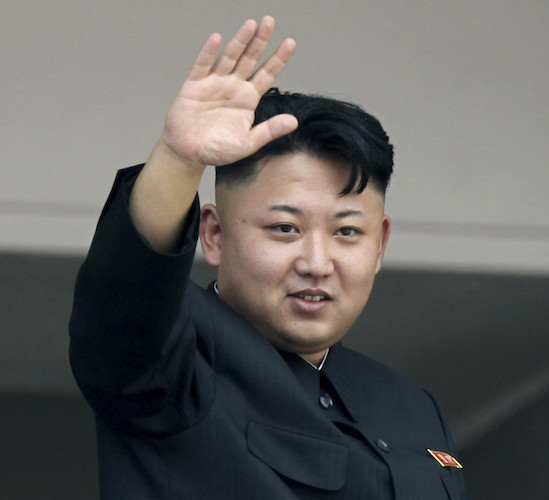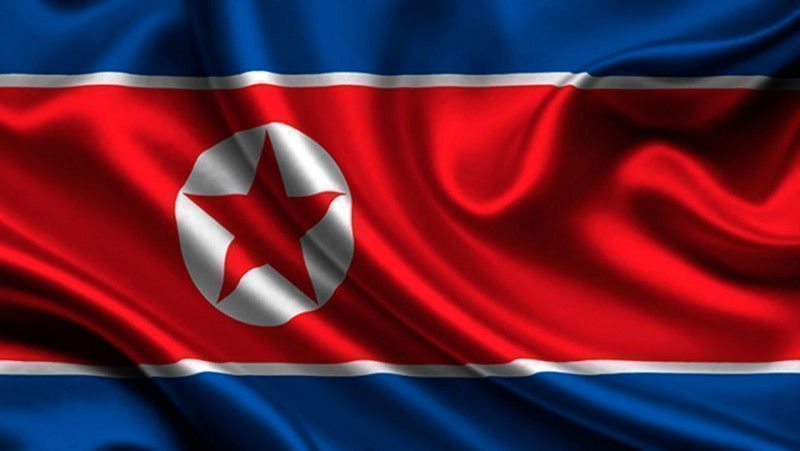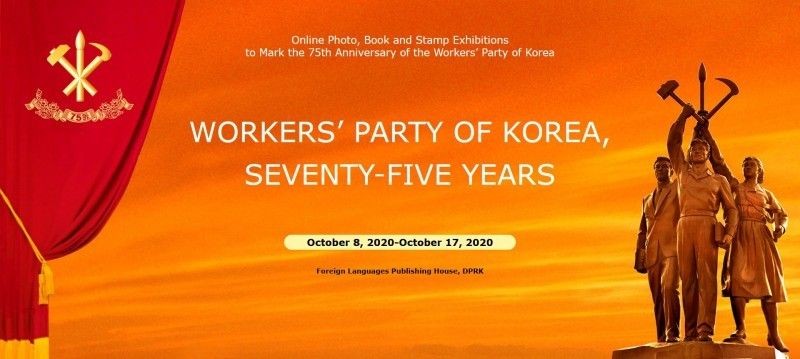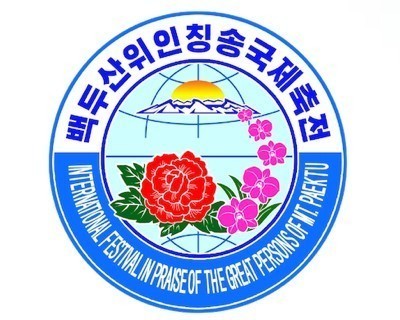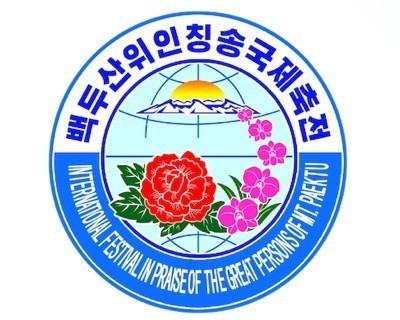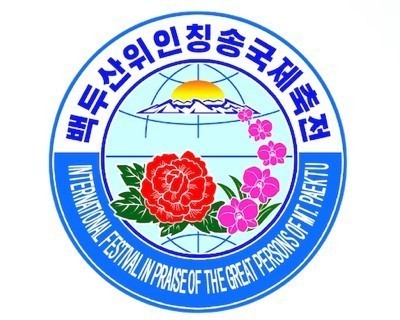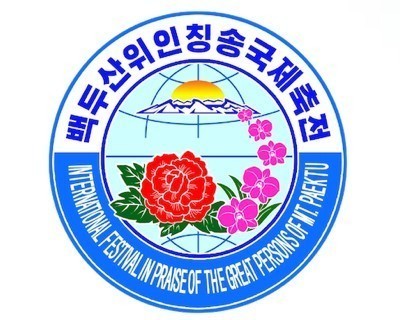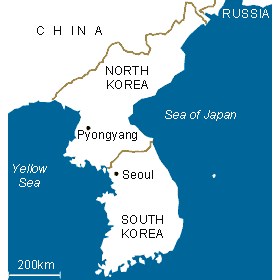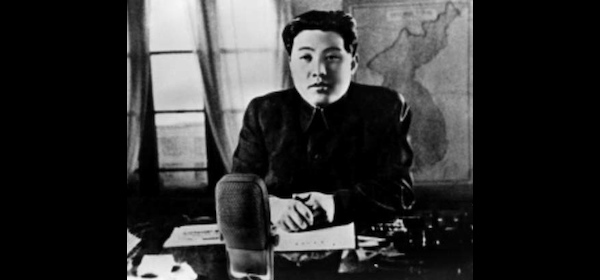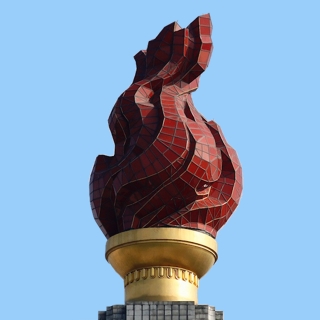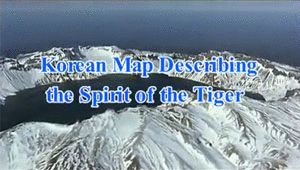THREE years have passed since Kim Jong Un, supreme leader of the Democratic People's Republic of Korea (DPRK) was appointed the Supreme Commander of the Korean People's Army (KPA) on December 30, 2011.
Three years are not a long period, but the world saw in him the image of an outstanding military commander, who has consolidated the military strength of his country steel-strong and thus defended the peace and security of his country and fellow people and of the region surrounding the Korean peninsula.
On January 1, two days after being appointed the Supreme Commander of the KPA, he inspected the Seoul Ryu Kyong Su Guards 105th Tank Division. He then inspected many KPA units and subunits, including those on the frontline, guiding the drills of the soldiers at firing positions, windy runways and once on a sailing torpedo boat, instilling in them ever-victorious courage and confidence and teaching them operational tactics so as to frustrate the threat and challenges of the US-led allied imperialist forces.
Well-versed in the cutting-edge military science and technology and in military hardware, he has taken new measures aimed at developing the defence industry. True to his intention, the March 2013 Plenary Meeting of the Central Committee of the Workers’ Party of Korea (WPK) advanced the line of building up the economy and nuclear forces in parallel, and the Seventh Session of the Twelfth Supreme People’s Assembly of the DPRK proved a legal guarantee for the country as a nuclear and space power. These measures remarkably increased the DPRK’s war deterrent, making no other country dare to attack it.
In the course of frustrating the enemy’s reckless nuclear threat and blackmail and war moves, he has demonstrated the matchless mettle and courage becoming an iron-willed, brilliant commander.
In August 2012, when the US was going to stage the largest-ever Ulji Freedom Guardian war game in south Korea by enlisting even its vassal states, Kim Jong Un went aboard a 27hp vessel to the KPA units defending the islands on the hottest point in the southernmost region of the southwestern front to inspect them.
The fact that he made his appearance on a small wooden boat in front of the enemy equipped with large-sized vessels, aircraft, state-of-the-art firepower equipment and high-precision monitoring facilities startled the world community.
It was an acme of the display of mettle and courage that could not be found in the biography of any military commander. That day he ordered that, if the enemy was bold enough to drop a single shell into the waters or the area within the reach of the DPRK’s sovereignty, the KPA soldiers must not restrict it to a local war on the southwestern front but lead it to a sacred war for national reunification, and if the aggressors launched a war, they must make the West Sea the final grave of the enemy.
Over the past three years the world saw in him the image of a benevolent commander who ardently loves the soldiers and turns the entire army into the ranks of comrades-in-arms based on warm comradeship.
He has ensured that the political work of the KPA is conducted with the main emphasis put on consolidating the single-hearted unity, the integral whole, of the entire army true to the slogan “Let the entire army become ranks of true comrades-in-arms!”
Saying that it is his determination and will to share life and death with the soldiers at posts and devote his all for their sake, he showers them with maternal affection; whenever he inspects army units, he looks round the bedrooms, mess halls, subsidiary food stores, wash rooms and sideline farming bases, acquainting himself with their living conditions; he asks the officers to look after the rank and file as they would do their kith and kin, always remembering that they exist for the latter and that the latter do not exist for them, so that they can serve in the army in good health and full of optimism.
He once sent a gift to an officer’s son, who was greeting his first birthday. At another time he posed for a souvenir photograph with scores of soldiers one by one during a visit to their unit.
When some soldiers on a combat mission died unexpectedly, he burned midnight oil, looking at their photos one by one, and while looking round the tomb of these fallen soldiers, he ensured that his name was inscribed on the tombstone, saying that he would become the owner of the tomb.
Moved by his ennobling affection and sense of obligation, all the soldiers have formed ranks of comrades-in-arms, who, hand-in-hand and shoulder-to-shoulder with their Supreme Commander, share ideas and intentions with him and be in step with him.
Over the past three years the world also saw in him the image of a peerless military commander who works world-startling miracles and innovations in economic construction as well as in defending the country by raising the status of the army to that of vanguard.
Having initiated building a world-class ski resort on Masik Pass, he entrusted the task to the soldiers and led them to finish the project, which others had said would take more than ten years, in a little over one year. And he has ensured that the whole country learn after the “Masikryong speed,” which the soldier-builders created, so as to bring about continuous leaps and innovations in the overall building of a thriving socialist country.
He also gave them the task of building apartment houses for the educationists at Kim Il Sung University and Kim Chaek University of Technology, Pyongyang Baby Home and Orphanage, Unha Scientists Street, Wisong Scientists Dwelling District and so on, and frequently visited their construction sites, leading the soldier-builders to build the monumental structures for people in an excellent way.
Under his leadership they not only finished these projects but built many other structures on the world standards, like the Mirim Riding Club, Munsu Water Park, Songdowon International Children’s Camp, Okryu Children’s Hospital and Ryugyong Dental Hospital for people’s welfare.
In the future, the world will see other images of Kim Jong Un who will achieve one success after another in defending socialism and building a thriving country by relying on the powerful military capability of his country. [KawanKorea]
Kim Jong Un As Seen by the World
